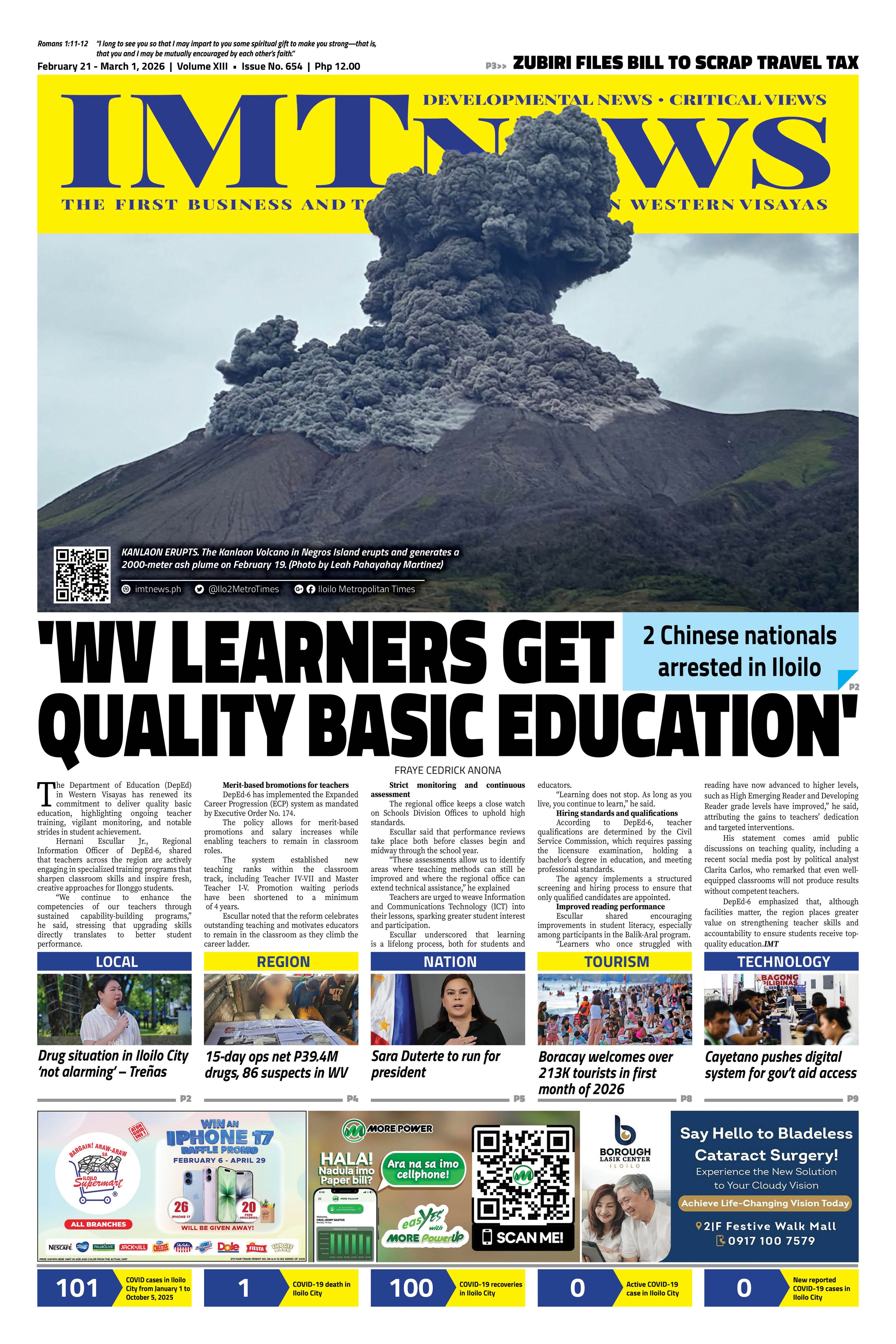You don’t need to be in a warzone to feel how close you are to something the planet will regret. These days, it feels like pain is everywhere. Somewhere, a war rages. Somewhere else, families are picking up what’s left or waiting for the next hit. The names change, but the pain feels the same—grief, hunger, fear that lingers. Our grandparents used to whisper about days like these, afraid the past might hear. Now, we see them unfold in real time—raw, loud, and just a swipe away.
Ukraine bleeds while world powers move pieces, and real people freeze, flee, or fall. In Gaza, kids draw warplanes instead of dreams as their homes crumble. Israel battles not just Hamas but also Hezbollah, Iran, and others—wars with no clear end.
Just off our shores, the Taiwan Strait, like the West Philippine Sea, grows tense. China moves, the U.S. answers, Japan watches, and Filipino fishermen now spot warships instead of waves. Once-quiet waters feel like frontlines. Across the globe, the same story plays out—missiles over Korea, Kurdish uprisings in Turkey, border standoffs in India and Pakistan, and uneasy truces in Armenia and Azerbaijan. In places like Sudan, Syria, Yemen, Myanmar, Ethiopia, Libya, Syria, Iraq, Venezuela, Mali, Mexico, Somalia, Morocco, Cyprus, Congo, and Haiti, the pain repeats: kids waking to gunfire, parents burying dreams. War changes face, but the heartbreak stays the same.
These are not isolated fires. The world is burning in pieces. Big powers strategize while smaller nations bury the cost. And yet, many scroll past. But for those living it, war is not a headline. It is the silence at dinner, the knock that never comes, the dream that never had a chance.
Even here, we carry quiet wars. Gunfire still echoes in the hills. Mindanao still feels restless. The drug war left too many homes with empty chairs and heavy silence. The guns may have quieted—but the wounds have not. Each gunshot—whether in Kyiv, Gaza, Tehran, or Bukidnon—steals money from classrooms and hospital beds. The United Nations has numbers for it: every year of full-scale conflict drags a nation back twenty years in development. You cannot teach algebra in a room peppered with bullet holes.
And yet, peace is rarely invited to the big tables. It appears slow, tedious, and even naïve compared to the language and jargon of generals. But when it is tried—Bangsamoro in our south, Colombia’s deal with FARC—it works, somehow. Violence decreases, kids return to school, and markets reopen. The Institute for Economics and Peace reports that calm nations grow sixteen times faster than those in violent conflict. Peace is not a slogan. It is a strategy.
This is not to deny anyone’s right to defend a homeland. Ukrainians, Palestinians, and Taiwanese each carry histories written in tears. Their fight for dignity is real. What is not real is the fantasy that missiles and trench lines will settle those histories. War devours and never fills up.
So, what can we do from our little corner of the world? First, we stop pretending it is not our problem. We continue to raise students who know how to think, build, dialogue, and—more importantly—care. The same values some leaders seem to forget the moment they trade classrooms for bullets. We urge those in power to discuss matters before resorting to threats. We demand that budgets prioritize books over bombs. And we say, again and again, until someone finally listens: recognizing how fragile we all are is not soft—it is smart.
A planet that can map Mars and edit genes should manage grown-up conversations about borders and flags. If it cannot, the real crisis is one of imagination. Our children deserve nightly news filled with coral reef recoveries, not rising death tolls. They need leaders who compete over clean energy solutions, not those who have the bigger arsenal. Let them inherit a world focused on healing, not hurting.
Wars do not begin with gunfire. They start quietly—when people stop paying attention, when we scroll past suffering like it is just background noise. Let us not be that kind of generation. Let us be the ones who saw the warning signs and still chose the more challenging path—one that listens, repairs, and rebuilds. Because in every war, no matter whose anthem plays or whose flag is raised, the outcome rarely changes—humanity loses, and grief collects the prize.
Doc H calls himself a ”student of and for life” and, like many others, wants a life-giving, why-driven world dedicated to social justice and happiness. His views may not reflect those of his employers or associates.
Wars without winners







